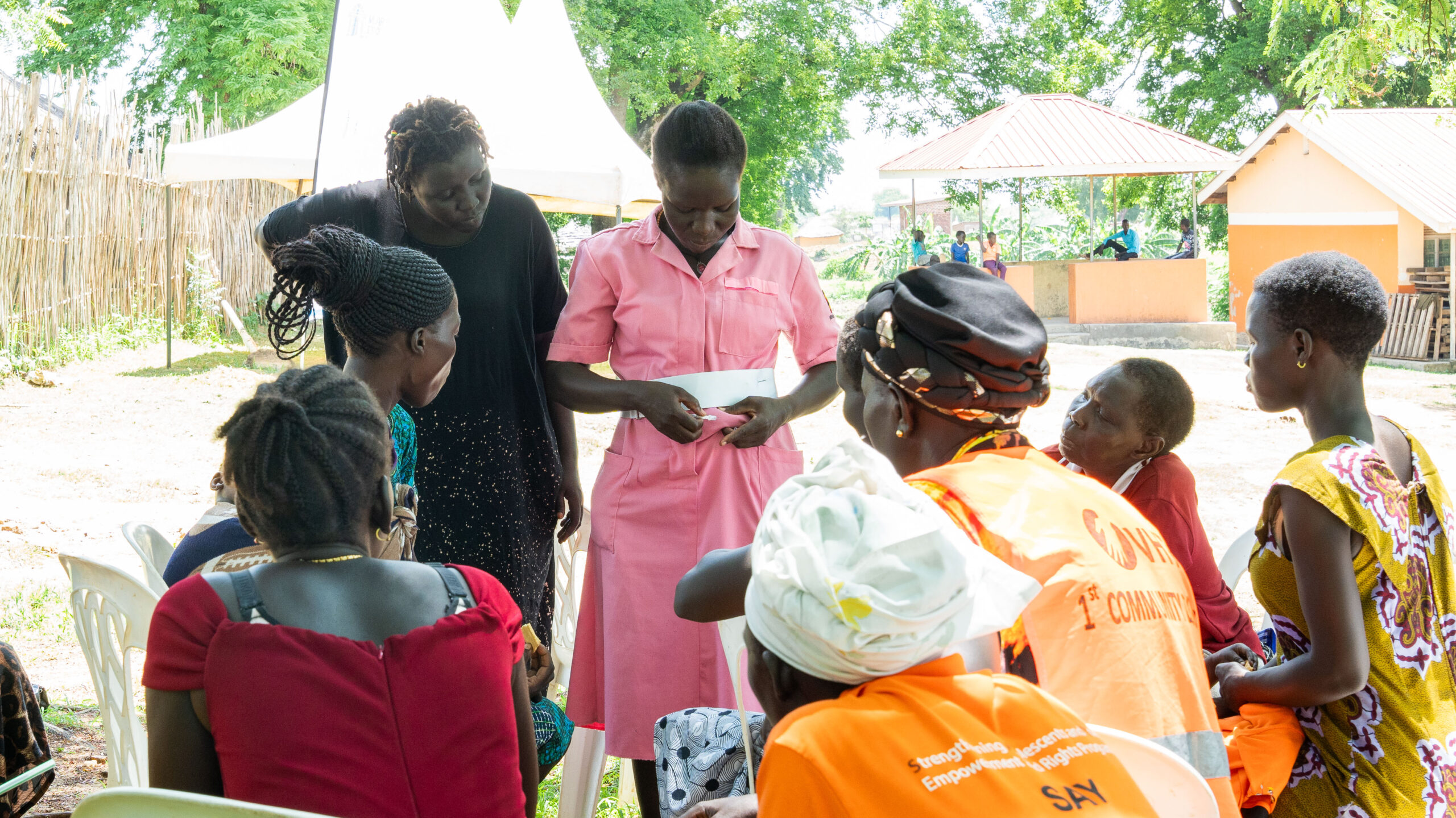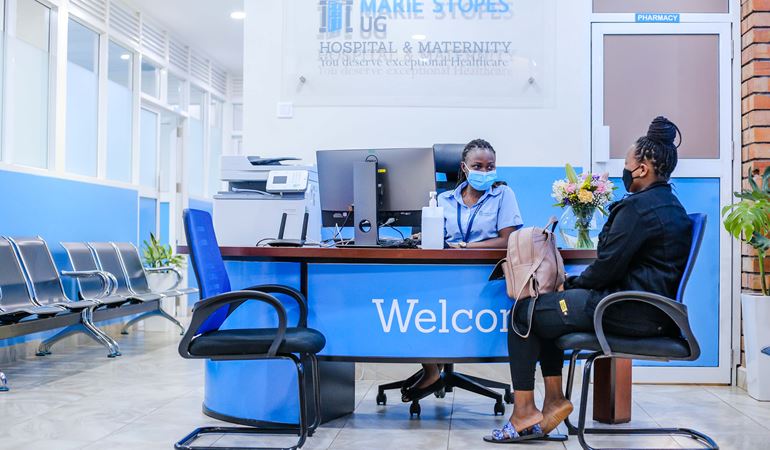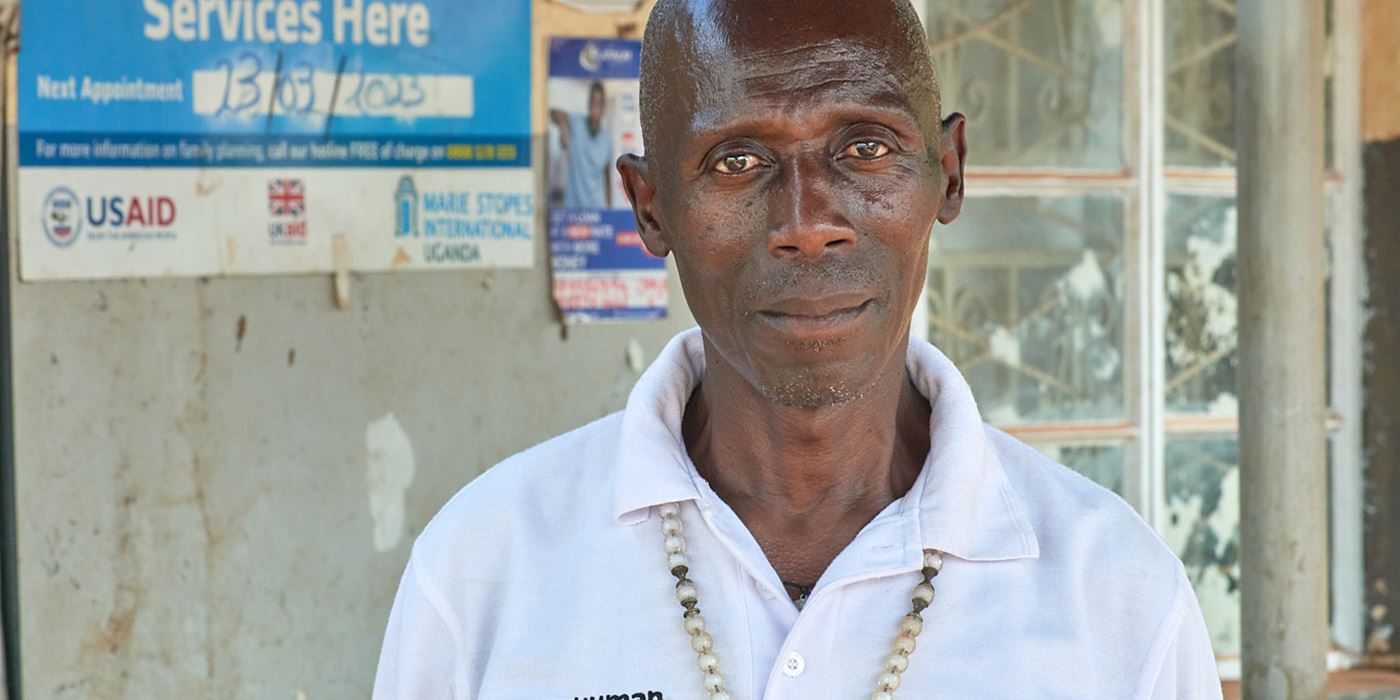We are very pleased and excited to share that Marie Stopes Uganda (MSUG) is part of the winning consortium for the USAID Uganda Health Activity (UHA), a five year, $140 million award that seeks to improve overall health system resilience and to increase the survival and well-being of vulnerable populations in priority districts across Uganda.
The consortium is led by University Research Co., LLC (URC), a well-known USAID implementing partner that has worked in more than 90 countries and has a strong track record in health system strengthening and quality improvement, including recent large-scale projects in Uganda. Other consortium members include FHI360, Panagora Group, Elizabeth Glaser Pediatric AIDS Foundation (EGPAF), Youth Alive Uganda, and Communication for Development Foundation Uganda.
As a core partner with a $3,000,000 sub-award over five years, MSUG will leverage their extensive expertise and experience in public sector strengthening to support improved quality and availability of FP/RH services in public and private not-for profit facilities across all 30 priority districts. This will include training, coaching, and mentorship on quality FP/RH service provision for all short-term and long-acting reversible contraceptive methods, and direct service provision of permanent methods. MSUG will also provide technical assistance to ensure that services are youth-responsive and provide sexual and reproductive health information and guidance via the contact center.
The Uganda Health Activity is an integrated health systems strengthening award that works across multiple health sectors, including maternal, newborn, and child health, family planning and reproductive health (FP/RH), nutrition, and water, sanitation, and hygiene. It will improve access to and use of quality health services at the community and health facility levels, enhance local ownership and leadership for sustainable health outcomes, and strengthen health systems at the regional, district, facility, and community levels. Regional/district-level activities will focus on the ‘hub’ districts of Gulu, Jinja, Kabale, Lira, Mbale, Mbarara, and Moroto, which have regional referral hospitals, and 23 surrounding districts.







